European Union (EU) member states on June 21 agreed on a further package of sanctions against Russia, aimed mainly at preventing countries and third parties from helping Moscow circumvent existing EU trade restrictions.
“Today (21/6), EU Ambassadors agreed on the 11th package of sanctions against Russia. This package includes measures to combat sanctions circumvention and a list of sanctioned individuals,” Sweden, the rotating president of the EU Council, said on Twitter.
After 10 rounds of sanctions since Russia invaded Ukraine last February, Brussels has now designed a new mechanism: If third countries, such as those in Central Asia, fail to comply with Western sanctions or cannot explain why their trade in banned goods has suddenly increased, they could face EU sanctions.
EU countries have been arguing over the package since mid-May and the row threatens to overshadow next week's leaders' summit.
Some countries, including Germany, have worried that such a mechanism would damage diplomatic relations, even pushing countries into the arms of Russia and China.
However, the European Commission (EC) has introduced more safeguards, helping to reassure Berlin and other EU capitals.
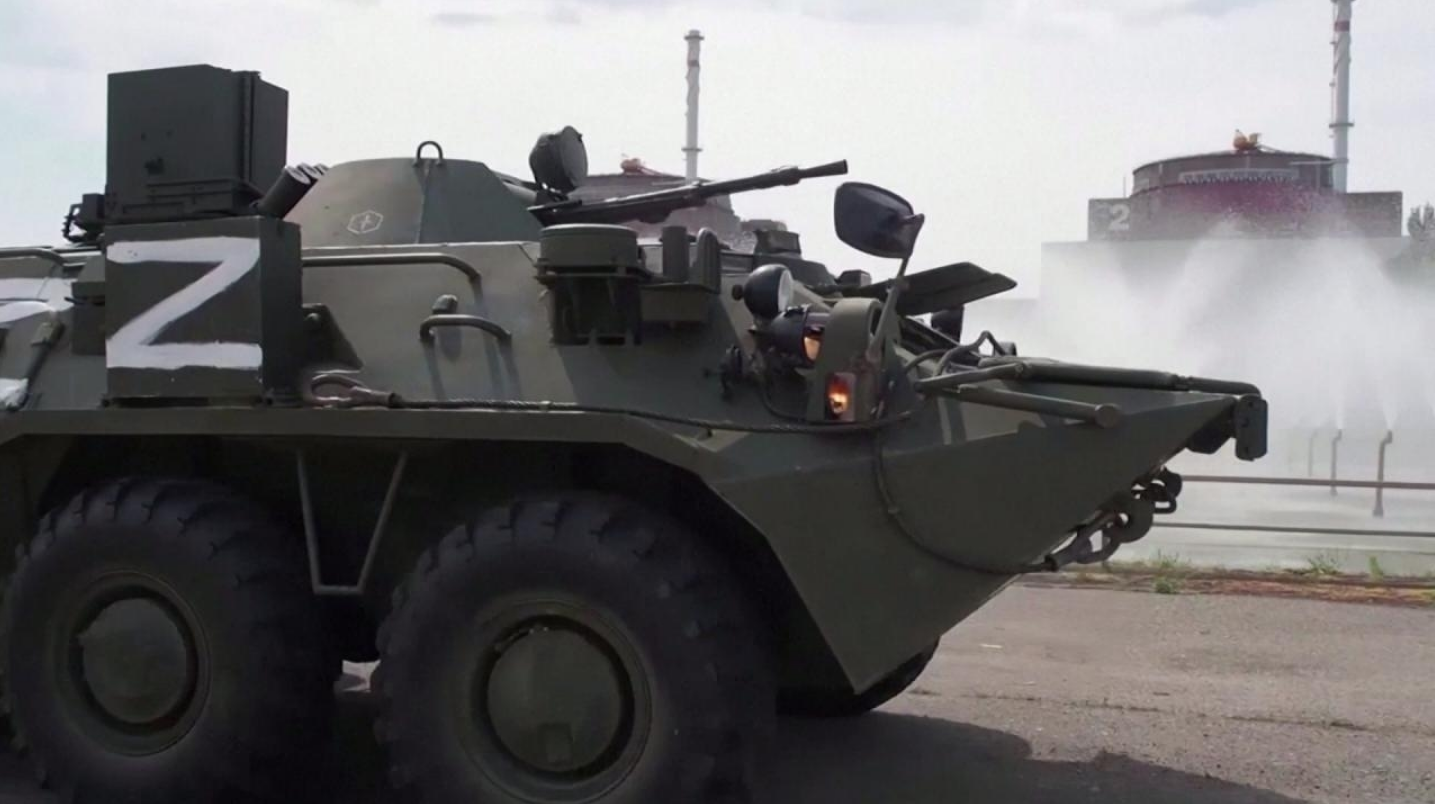
The 11th package of EU sanctions bans the transit through Russia of goods and technologies that could be used by the Russian military or benefit the country's defense and security sector. Photo: France24
European Commission (EC) President Ursula von der Leyen welcomed the political deal, saying the package would deal another blow to Russia's war effort with tightened export restrictions targeting entities supporting the Kremlin.
Specifically, the 11th package of sanctions prohibits the transit through Russia of goods and technologies that could be used by the Russian military or benefit the country's defense and security sectors.
It also allows for restrictions on the sale of sensitive dual-use goods and technologies to countries that may resell them to Russia and expands the list of restricted goods that could serve Russia's military and defense sector.
The package extends the suspension of the EU broadcasting licenses of five Russian state-controlled media outlets.
To restrict the activities of Russian crude oil or petroleum products tankers at sea to circumvent the EU ban, the package prohibits access to EU ports for vessels engaged in ship-to-ship transfers if there are reasonable grounds to suspect that the cargo loaded on board is of Russian origin.
The package also adds 71 individuals and 33 entities to have their assets frozen in the EU over their involvement in the illegal deportation of Ukrainian children to Russia – an allegation Moscow has strongly denied .
Minh Duc (According to Reuters, Politico)
Source


![[Photo] President Luong Cuong presents the decision to appoint Deputy Head of the Office of the President](https://vphoto.vietnam.vn/thumb/1200x675/vietnam/resource/IMAGE/2025/5/8/501f8ee192f3476ab9f7579c57b423ad)

![[Photo] Prime Minister Pham Minh Chinh meets with the Policy Advisory Council on Private Economic Development](https://vphoto.vietnam.vn/thumb/1200x675/vietnam/resource/IMAGE/2025/5/8/387da60b85cc489ab2aed8442fc3b14a)

![[Photo] National Assembly Chairman Tran Thanh Man chairs the meeting of the Subcommittee on Documents of the First National Assembly Party Congress](https://vphoto.vietnam.vn/thumb/1200x675/vietnam/resource/IMAGE/2025/5/8/72b19a73d94a4affab411fd8c87f4f8d)
![[Photo] General Secretary concludes visit to Azerbaijan, departs for visit to Russian Federation](https://vphoto.vietnam.vn/thumb/1200x675/vietnam/resource/IMAGE/2025/5/8/7a135ad280314b66917ad278ce0e26fa)



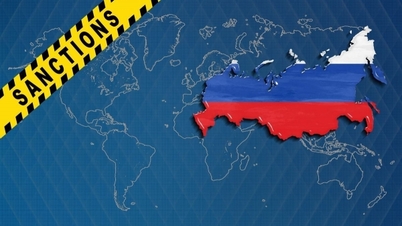
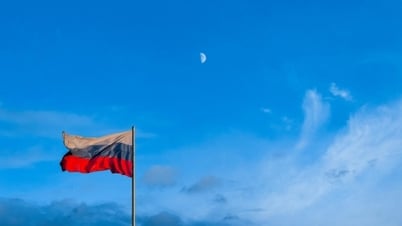


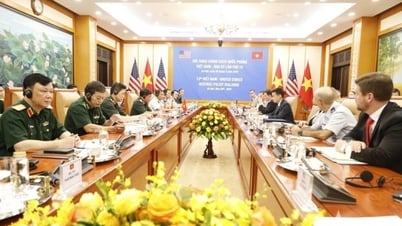


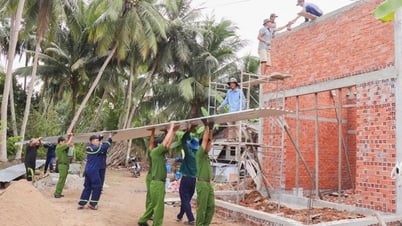

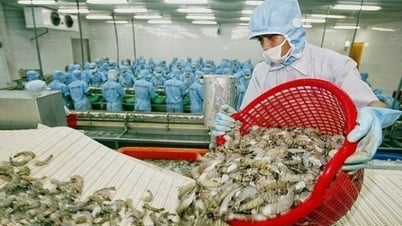









































![[Photo] Prime Minister Pham Minh Chinh talks on the phone with Singaporean Prime Minister Lawrence Wong](https://vphoto.vietnam.vn/thumb/402x226/vietnam/resource/IMAGE/2025/5/8/e2eab082d9bc4fc4a360b28fa0ab94de)













![[Infographic] Instructions on steps to contribute ideas to amend the 2013 Constitution on VNeID](https://vphoto.vietnam.vn/thumb/402x226/vietnam/resource/IMAGE/2025/5/8/c61c8c11815c4691848ae93a3e567ef7)

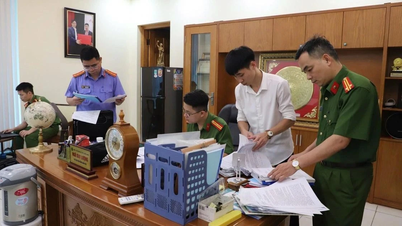





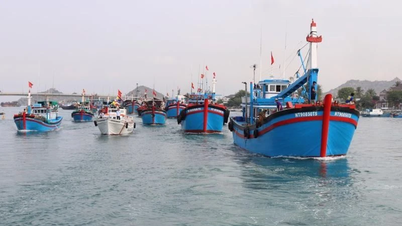











Comment (0)